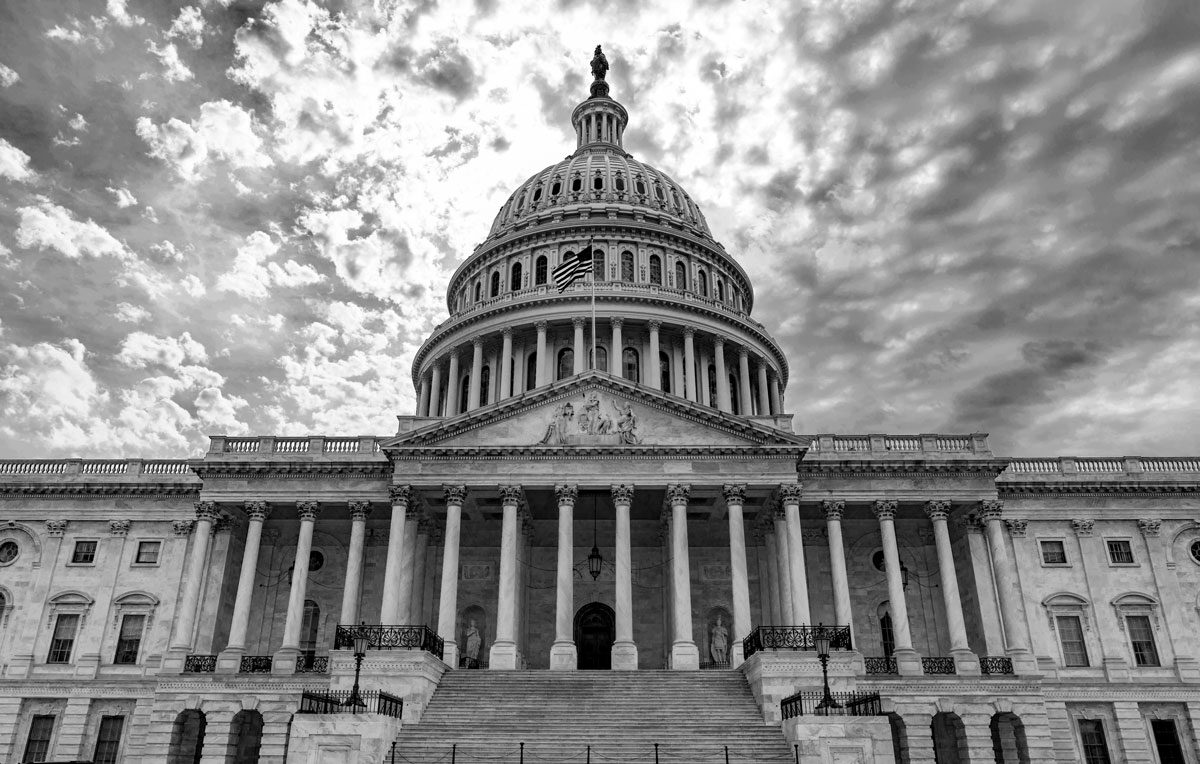Heavy-handed government intervention in the free market to pick winners and losers can be good for particular special interests but is bad for everyone else.
Big government mandates targeting America’s pharmacy benefit managers (PBMs) are no different.
This week, pharmacists who call themselves independent but are members of a Big Pharma-backed special interest group and often owned by, or partners with other large special interests, are on Capitol Hill for meetings where they will advocate for lawmakers to undermine the market-based role of PBMs.
They will advocate for these misguided, big government policies, because they would boost their profits, and the profits of their Big Pharma-backers, at huge expense to American consumers, businesses, and taxpayers.
Specifically, Big Pharma and independent pharmacists wants Congress to think that PBMs are putting their pharmacies out of business and that lawmakers should regulate them out of existence. Why? Because when PBMs are weakened or eliminated, there will be no check on Big Pharma’s ability to set even higher drug prices, allowing their profits to soar to record levels, and no one to build cost-effective pharmacy networks that maximize options and savings for consumers and health plan sponsors, like American employers.
Despite hyperbolic claims, their market is remarkably stable, and like any industry, there are up and down fluctuations as the overall market and economic conditions evolve. Just over one year ago, the Digest Report from the National Community Pharmacists Association (NCPA) found that gross profit margins for independent pharmacies increased from 21.9 percent to 23.3 percent in one year. Likewise, hourly wages for their employees had also increased.
The hyperbolic rhetoric is meant to push Congress toward banning market-based incentives for PBMs to maximize savings for consumers, businesses, and the American taxpayer.
University of Chicago economics professor Casey Mulligan recently examined one of the most disastrous policies being pushed by Big Pharma and these Big Pharma-backed special interests, called “delinking.” Mulligan found that the policy “would significantly change drug pricing and utilization and shift billions of dollars annually from patients and taxpayers to drug manufacturers and retail pharmacy companies.”
Conservative lawmakers should stand strong against heavy handed government intervention that would help Big Pharma and their allies win at the expense of hardworking American consumers, taxpayers, and employers.

